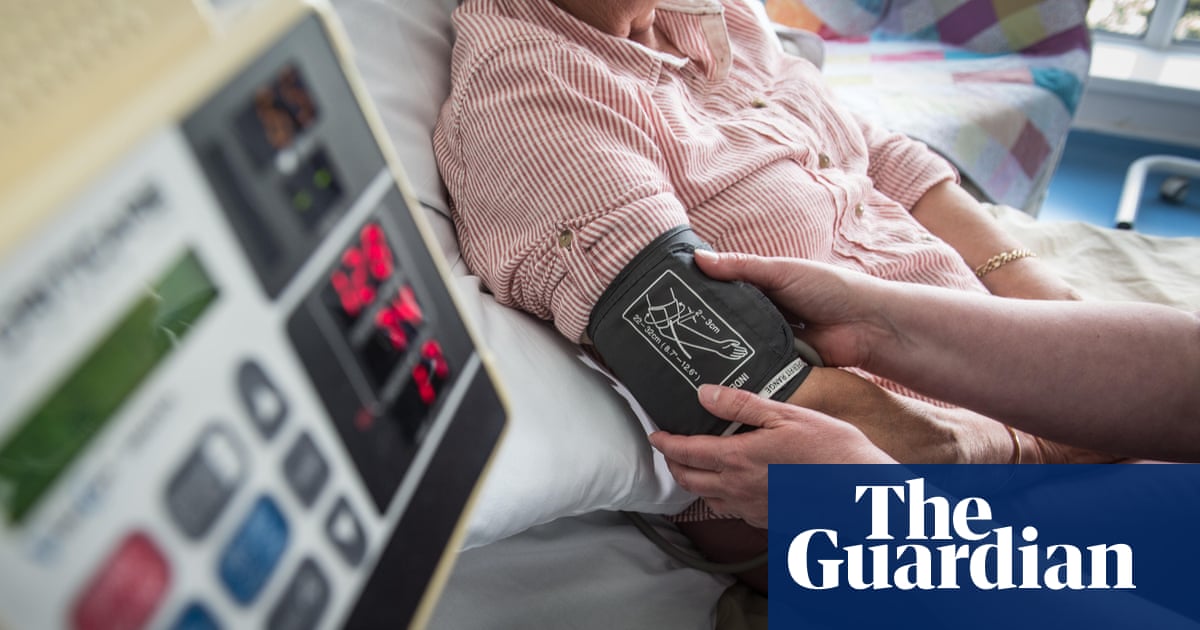
Just when we thought things were getting better, a new Covid variant is making things worse. Some people are reacting with anger, some are reacting with disbelief, most – if the patients I have seen in the last 24 hours are anything to go by – are reacting with a kind of fatalistic “what will be will be”. All these views are understandable.
The government’s response, which medical royal colleges across the UK support, is, bluntly, to throw everything we have at this. That’s a move that’s being taken for one simple reason: there is, once again, a real danger the NHS will be overwhelmed. And according to the modellers, we’ll reach that point at some point in January, if not sooner. We cannot let that happen, but if we do nothing now, that is precisely what we will be facing in four weeks’ time.
It will not be easy. It will require everyone in the NHS, and many others as well, to help deliver the one million booster jabs a day by the end of this month the scientists say we’ll need. It will be a herculean task.
But it’s not just the challenge of resources needing to be met that we must be ready for. There will be a need for huge amounts of patience and understanding by patients, many of whom have already waited too long for the tests, treatments and procedures they have been prescribed and promised. We had only just begun to tackle the backlog; with further delays, there will inevitably be a negative impact on the health and wellbeing of those patients waiting. We must also face the harsh fact that the waiting list itself will lengthen. It will also require – and this may be no less challenging for many – everyone to do their bit by going back to proper social distancing, getting ourselves fully vaccinated and appropriately boosted.
It is inevitable that tough choices need to be made. But, that doesn’t mean irresponsible choices. If a patient needs to be seen in the NHS, they should be seen, and while it won’t necessarily feel like business as usual for the next few weeks it certainly shouldn’t feel as if no regular business is being done at all.
And to be clear, no one is saying that we should “hit the pause button” on urgent care – that really does need to continue as closely as we can come to business as usual. And this is where we can all help: the more beds that are taken up with Covid patients, the fewer beds there are for those with other serious conditions who have been admitted via A&E departments. If that part of the system gets clogged, it makes it harder to bring people in by ambulance. Covid will hit all of us if we aren’t very careful.
Angry commentators seem to be seeking to blame anyone and everyone for this situation that is of no one’s making. As soon as the science changed, the joint committee on vaccination and immunisation (JCVI) advice changed and the appropriately ramped-up response is what we are now seeing. These past few days have seen records being broken for boosters, but there’s still more capacity now and even more being created. And we should be mighty proud of the NHS staff and the brilliant volunteers and army personnel for delivering those jabs and to the people who are prepared to queue, sometimes for many hours in the cold and the rain, to get one. This will save lives.
Of course, there are many other things we need to address if we are to chart a course through this pandemic. More doctors and nurses, more beds in social care and clearer messaging would be a great starting point. Two of those three will take time, but where we might start today is a more honest conversation about the scale of the problem before us, and a realistic assessment of what’s achievable and what’s not.
As chair of the Academy of Medical Royal Colleges it would be easy for me to say, “It’s all going to hell in a handcart.” It is not at that stage yet, but it will be soon if we don’t all play our part.
Helen Stokes-Lampard is a GP in Lichfield and the chair of the Academy of Medical Royal Colleges












